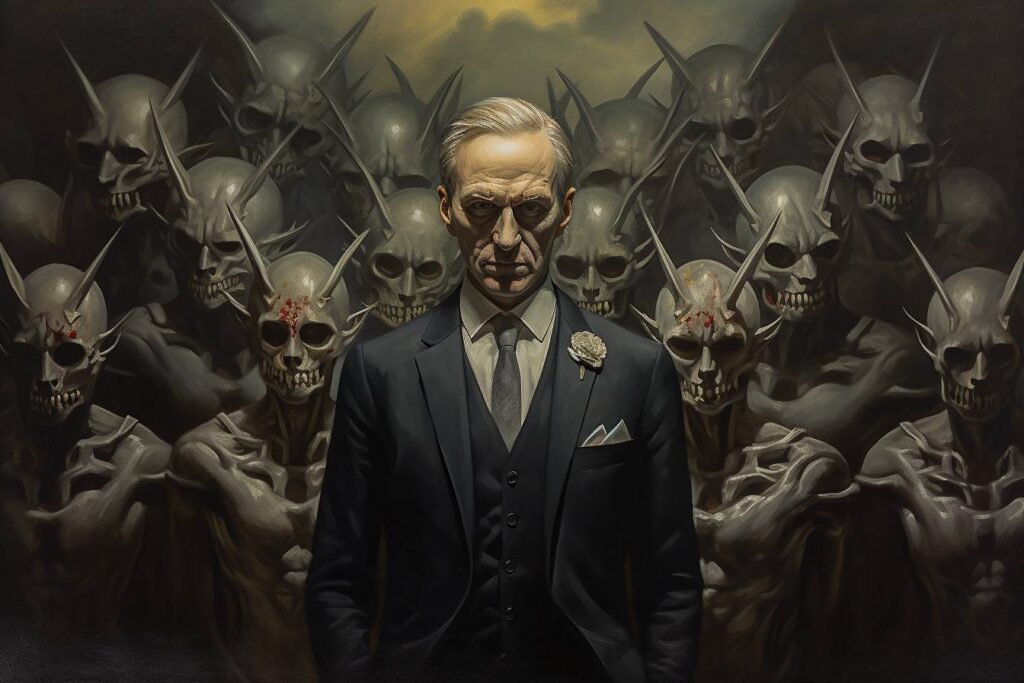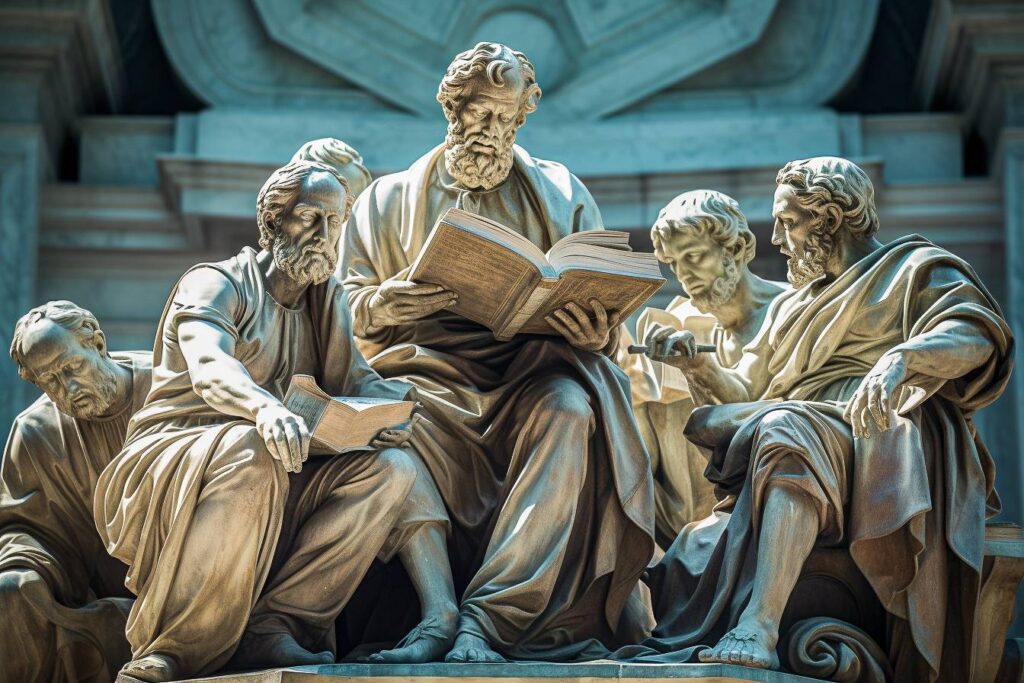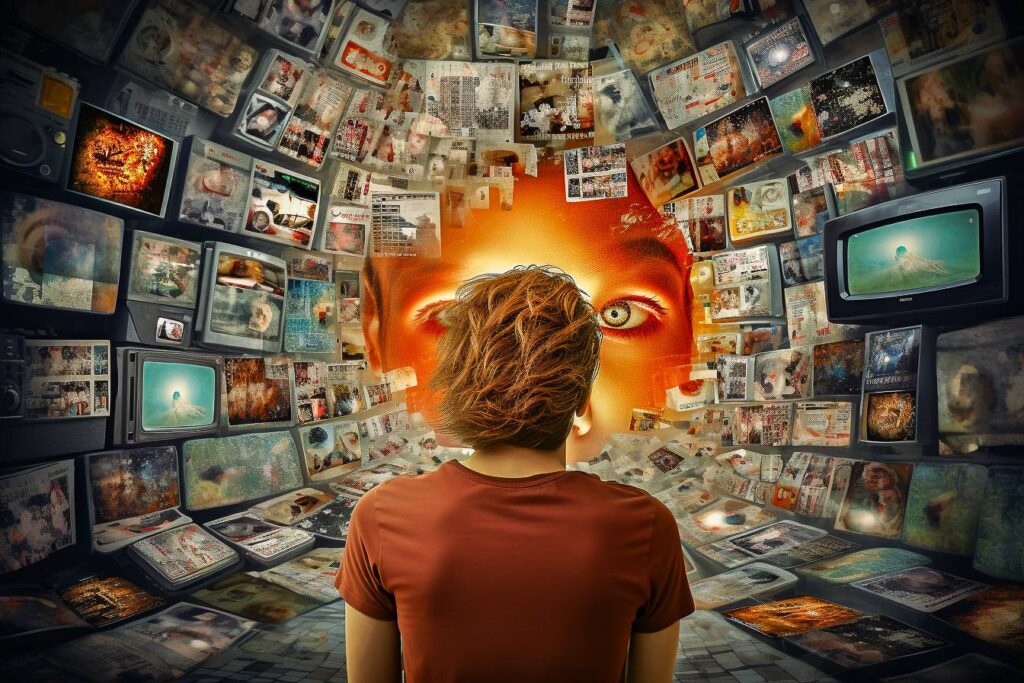Power is the inner force of our existence, influencing relationships, society and personal growth. By its very nature, power is not just about authority; it is also about physical strength, knowledge and social connections. Power plays a crucial role in shaping hierarchies, identifying powerful individuals and structuring our interactions. Those who have power are not only able to make decisions, but have a duty and responsibility for the decisions they make.
The influence of power is not limited to politics, but also extends to personal relationships. To understand the meaning of power, it is necessary to understand its sources, how they are used and what their impact is. While the pursuit of power fosters ambition and development, it requires a cautious approach, as unchecked authority can contribute to injustice. Different areas of life offer different sources and expressions of power, whether it is the power of knowledge in academia, the power of influence in social circles or the power of decision-making in professional settings.
Since power can be both a constructive and a destructive force, it is imperative to question and challenge its manifestations. The ethical issues of power call for constant control to prevent its abuse. Striking a balance between power and responsibility is essential to promote a just and equitable society in which power serves the collective good.
People should rethink their relationship with power, promoting a conscious and ethical approach to its acquisition and use. By developing a holistic understanding of power, we equip ourselves to navigate its complexities, contributing to a more just and equitable world.




